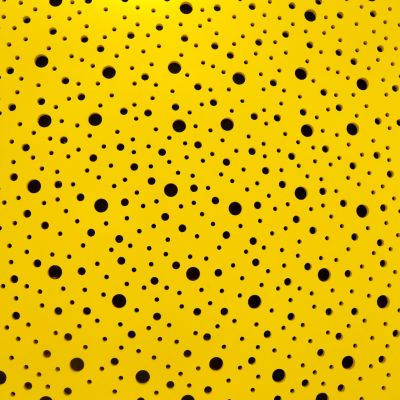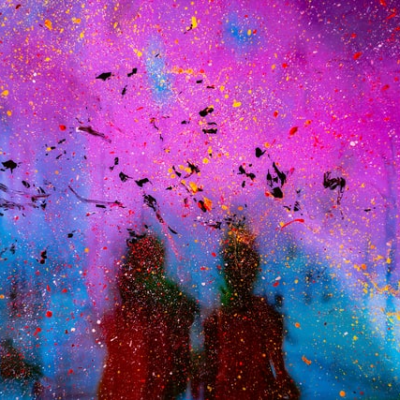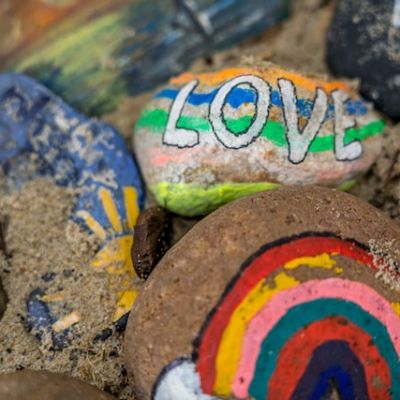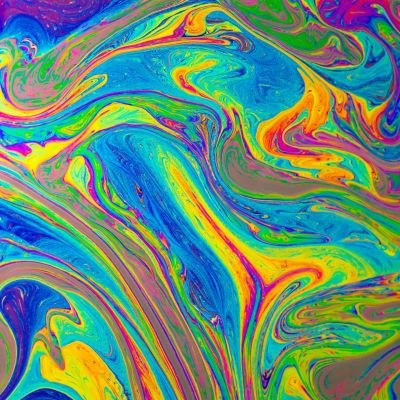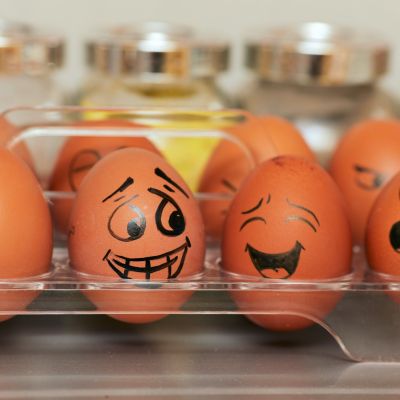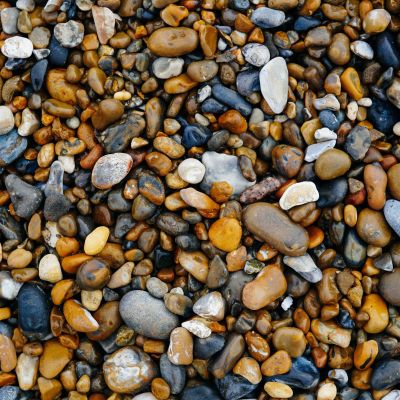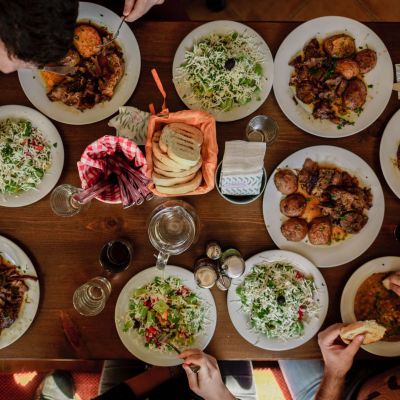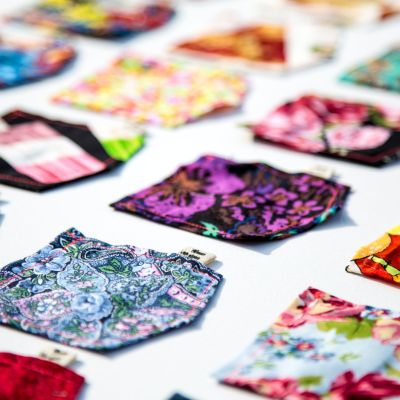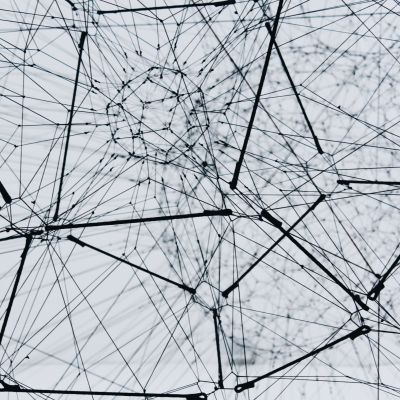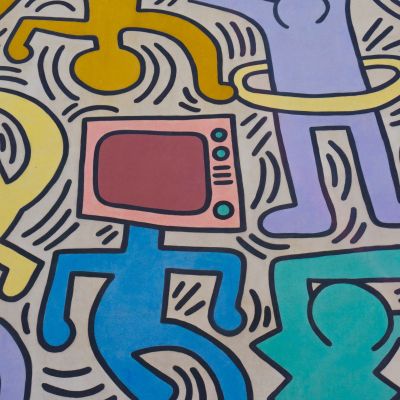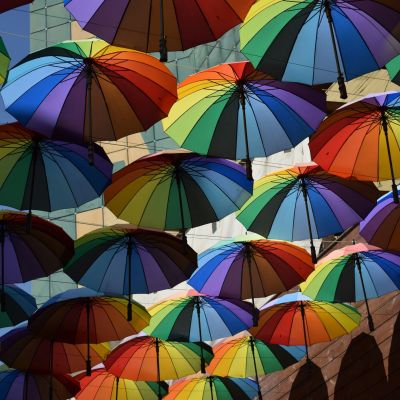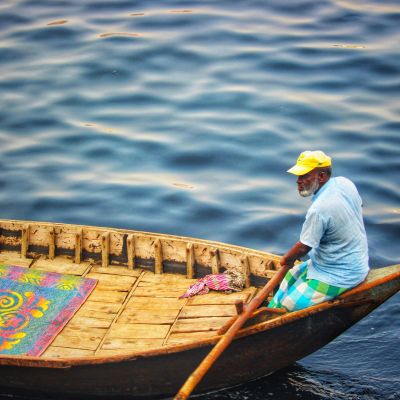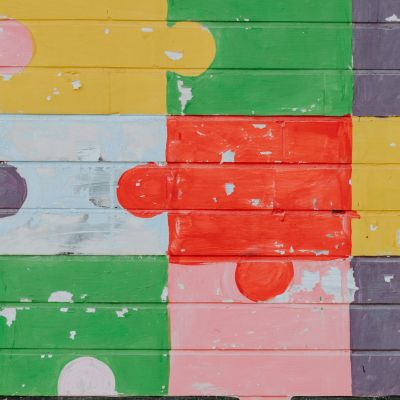Issue In Focus
Companions take many forms. Using the word very loosely here, a companion is anyone the self is connected to, anywhere, at any point in time, from a family member, to a stranger on a train.
To chase down our own vulnerabilities around sexuality is a short run around the corner, five minutes ago, last night sleeping alone, with a lover, a partner who lost interest, the Insta post that leaves you feeling you’re not good enough for the hug, the kiss, the cuddle and are you perhaps the A of LGBTQIA+?
Many disabled people in India live with their parents and any expression of sexuality is suppressed as a rule within the confines of their homes. Sexual desires of persons with disabilities are seldom a priority issue for families or civil society. More is said through silence than words. Be grateful that you are alive. Isn’t that enough?
There are different narratives where lie hidden worlds of codified feelings, justifications, a reason to buy or not buy into injustice, or othering.
The fans invest emotional energy, and time, knowing very well that the players may never know of their existence or reciprocate the same emotions. That, however, does not deter them from feeling and living those emotions.
Humour, either openly, or thinly camouflaged, is a combination of the intellectual, spiritual, emotional, physical nature of being. So quite often, anger, anxiety, aggression, wisdom, love, frustration, wickedness, cruelty, sarcasm and other feelings are a big part.
Body + a million This article: written, read, edited, uploaded on to the internet, heard using assistive software, converted into…
Food is some sort of extension of our bodies, our identities, and therefore food and sexuality intersect in a myriad ways.
After all, comprehensive sexuality education is also not just about knowledge giving. We want experiential educators who include the modalities of art, dance, music, theatre, etc., to address our lived sexual experiences.
Fashion is a language that expresses survival, rebellion, freedom, visibility and invisibility, identity, representation and inclusion.
That offline patriarchal norms are travelling online – lock, stock and barrel. Digital technologies may appear to be gender-neutral, but floating below their waters is the whole kit and caboodle of patriarchy.
I was not simply stuck within the binaries of “same-sex” or “opposite sex,” assuming that any reference to “same-sex” is in itself already revolutionary. But the call to recognise friendship, is a call to recognise so many forms of community that are made invisible by the emphasis within a liberal or conservative framework on “marriage” as the only path to family making.
The relationships that are portrayed in queer media also often transcend all attempts at categorisation, but are still undeniably queer – as are the characters whose inescapable push-and-pull, to their audience, often becomes the plot itself.
In this great repository of the human collective consciousness and exposure lies a wealth of tacit knowledge of COVID-19 that is independent of the subject expert.
If you’ve got a body, in which you’re going to negotiate this life, you have to know how it works.

